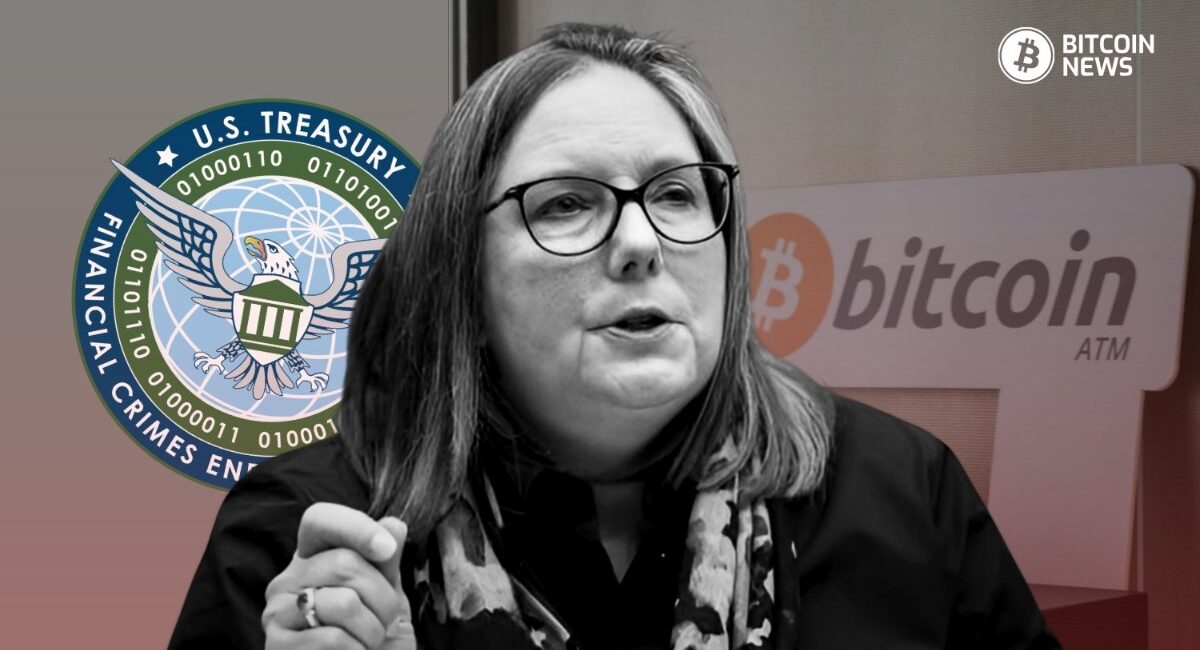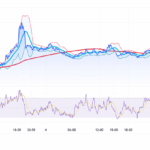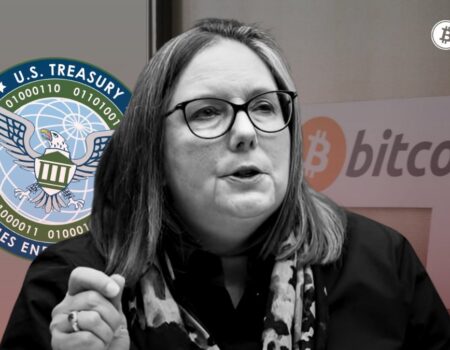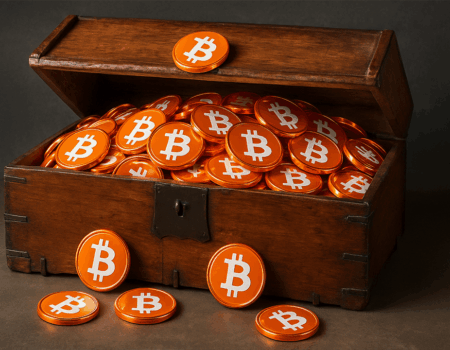The U.S. Department of the Treasury is sounding the alarm on a surge in scams and criminal activity involving bitcoin ATMs, also known as convertible virtual currency kiosks or CVC kiosks.
In a new advisory, the Treasury’s Financial Crimes Enforcement Network (FinCEN) is urging financial institutions and bitcoin ATM operators to be on high alert and step up their security.
CVC kiosks let users exchange cash for digital assets like bitcoin. They’re often found in gas stations, convenience stores and shopping centers.
While these machines provide a quick and convenient way to buy bitcoin and other digital assets, FinCEN says they’re being misused by criminals more and more.
In 2024, the FBI’s Internet Crime Complaint Center received almost 11,000 reports of bitcoin ATM scams.
Those incidents resulted in losses of about $246.7 million, a 31% increase in losses and a whopping 99% increase in complaints from the previous year.
According to FinCEN, one of the most common schemes is scammers impersonating tech support, government agents, or even romantic partners.
They convince elderly victims to withdraw large sums of money from their bank or retirement accounts and deposit it into a nearby bitcoin ATM.
Once the money is converted into digital assets and sent, it’s almost impossible to get back. FinCEN says adults 60 and over account for more than two-thirds of all losses from bitcoin ATM scams.
“Criminals are relentless in their efforts to steal money from victims, and they’ve learned to exploit innovative technologies like CVC kiosks,” said FinCEN Director Andrea Gacki.
“The United States is committed to safeguarding the digital asset ecosystem for legitimate businesses and consumers, and financial institutions are a critical partner in that effort.”
FinCEN is also warning that transnational criminal organizations, including Jalisco Nueva Generación Cartel, are using digital asset ATMs to launder drug money.
These kiosks provide a fast and anonymous way to convert cash into digital assets and move it across borders undetected.
The report says areas with high drug activity – like Chicago, Illinois, which has over 1,100 bitcoin ATMs – are hotspots for this type of laundering.
FinCEN says cartels prefer these machines over traditional methods because they’re fast, anonymous and unregulated.
FinCEN is concerned about the lack of compliance among many bitcoin ATM operators.
Under the Bank Secrecy Act, these businesses are required to register as Money Services Businesses (MSBs) and follow anti-money laundering (AML) laws.
But many don’t register, skip customer verification, or ignore suspicious activity reporting.
Related: 1,200 Bitcoin ATMs Go Dark in the US as Fraud Concerns Grow
“These non-compliant CVC kiosk businesses also often lack reasonably designed policies, procedures, and internal controls to respond to requests from law enforcement,” FinCEN said in its advisory.
Some even advertise anonymity and charge up to 25% fees for transactions.
FinCEN’s advisory lists several red flags for financial institutions to watch:
- Large cash withdrawals followed by bitcoin ATM transactions
- Elderly customers with no digital asset history making big purchases
- Multiple small transactions that are just under the SAR threshold
- Customers using multiple kiosks in a short time
FinCEN recommends all financial institutions file SARs reports if they suspect abuse.
In response to these growing concerns, lawmakers and regulators are calling for stricter rules on bitcoin ATMs.
In February, Senator Dick Durbin (D-IL) introduced a bill that would require kiosk operators to register, disclose ATM locations, set transaction limits, and issue receipts to track transactions.
Some countries have already acted.
New Zealand banned digital asset ATMs altogether, and Australia limited transactions and increased verification requirements.
In the U.S., Spokane, Washington, became the first city to ban bitcoin ATMs after fraud statistics went through the roof.








No Comment! Be the first one.